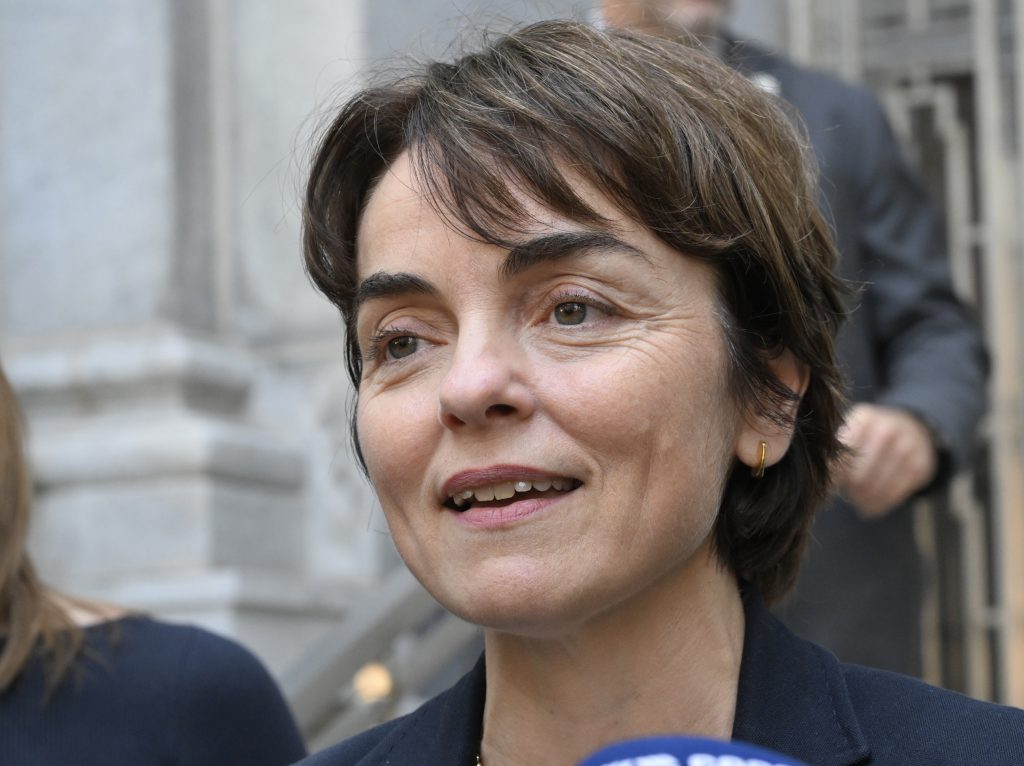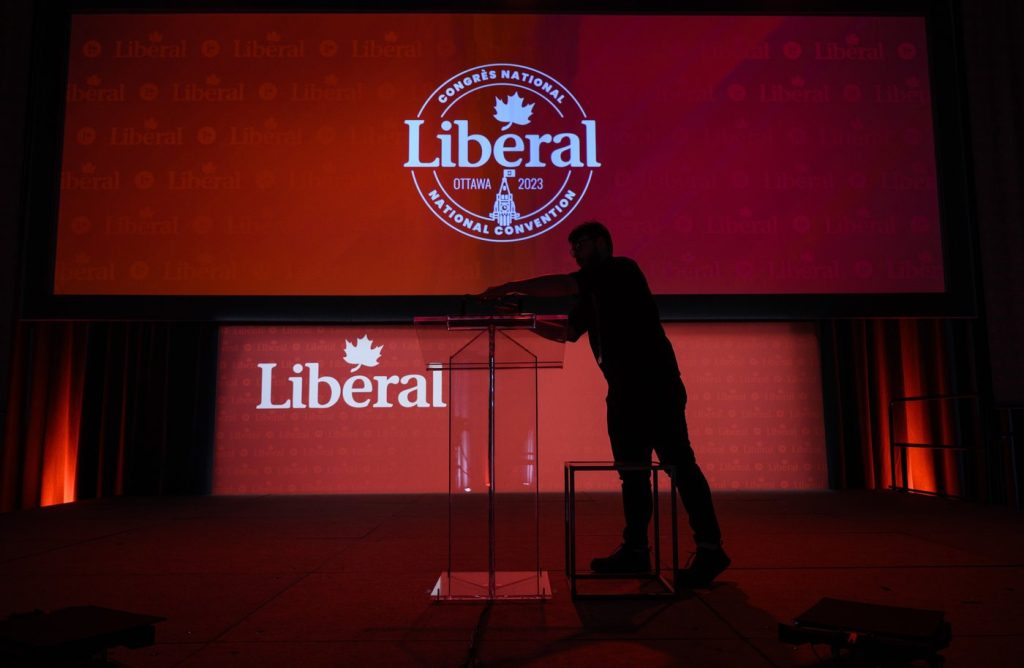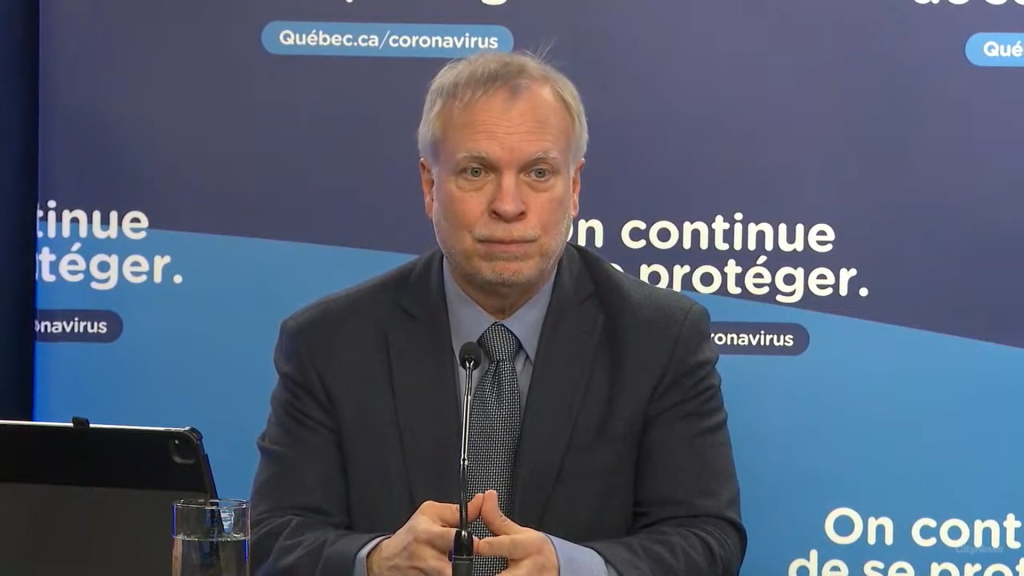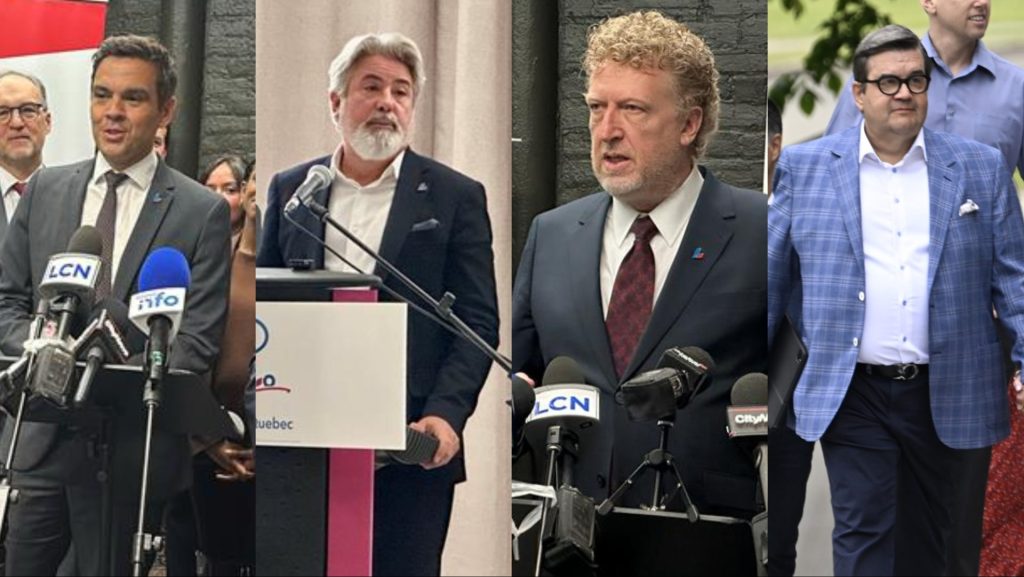Christine Fréchette makes her debut as Quebec’s New Energy Minister

Posted September 10, 2024 1:35 pm.
The massive increase in electricity production in Quebec will have no effect on residential rates, said Hydro-Quebec President Michael Sabia and Energy Minister Christine Fréchette on Tuesday.
They tried to be reassuring on the first consultation day for Bill 69, which aims to modify the framework for the energy sector and respond to the growing demands required to decarbonize the economy.
Sabia said he believes that the increase in residential rates could be limited to three per cent for several more years, beyond 2026.
However, he confirmed that the industrial and commercial sectors would pay more for their electricity, between four and five per cent.
Small and medium-sized enterprises (SMEs) will also have to “pay a fair price,” added Minister Fréchette in a press conference.
“The three per cent (…) is something that will continue in the future,” said Sabia. However, he declined to say how much the measure intended to compensate Hydro-Québec for losses related to the freeze on residential rates.
Former Energy Minister Pierre Fitzgibbon had estimated that it would cost the Quebec government between $200 and $300 million.
This will result in a tax increase for taxpayers or an increase in debt, warned HEC Montreal analyst Pierre-Olivier Pineau on Tuesday.
“There are quite a few ways to get to the same place,” said Sabia. “I think one of the things this committee should look at is: ‘Is this the best mechanism or are there other options?’ At Hydro-Québec, we have an open mind.”
In response to a question from Liberal MNA Marwah Rizqy on the allocation of megawatts to businesses, Sabia said he noted that the CAQ government was focusing more on economic growth rather than decarbonization.
“With all the cards on the table, I think that to date, the government has put a lot of emphasis on new businesses. It comes back to the question of balance between decarbonization and new industries and economic growth. Do we currently have the balance we need for the future? We said in our action plan that our objective is 75 per cent decarbonization, 25 per cent growth. Is this distribution reflected in all the decisions to date on the allocation of megawatts? It is not entirely obvious to me,” said Sabia.
The Liberal opposition accuses the CAQ government of selling Quebec’s energy to foreign multinationals, while Quebec SMEs do not have access.
“A premier who wants to be a nationalist would never kneel before foreigners to (…) realize that he sold what he did not have and turned around to say to his people: ‘By the way, you will pay for it’,” said Rizqy.
Additionally, during his presentation, Sabia suggested that the government was dragging its feet on the issue of reconciliation with the First Nations.
“The Quebec government must significantly accelerate the process of reconciliation with Indigenous communities. It is fundamental and non-negotiable,” he said. “We must put an end to the government’s paternalistic and frankly colonialist approvals for each agreement between Hydro-Québec and indigenous communities,” noted Sabia.
–This report by La Presse Canadienne was translated by CityNews








